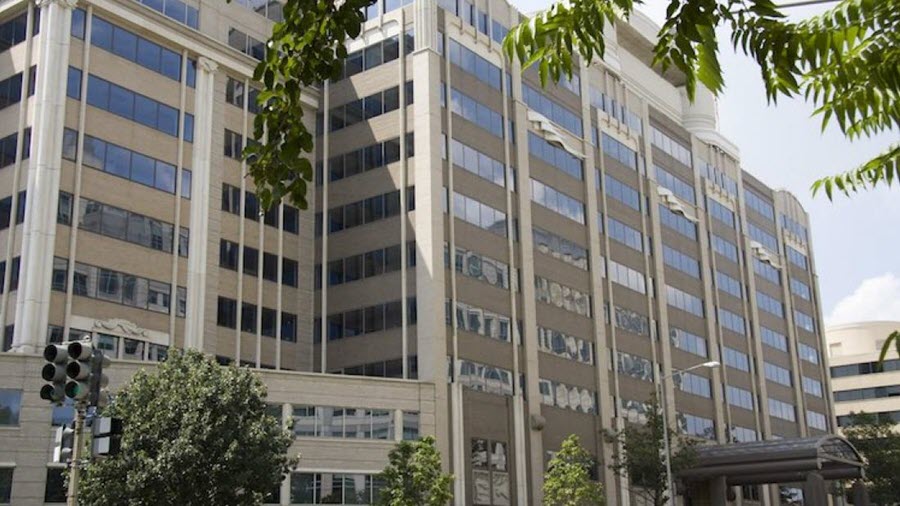FCC Releases Tentative Agenda for March Meeting

The smarter way to stay on top of the multichannel video marketplace. Sign up below.
You are now subscribed
Your newsletter sign-up was successful
The FCC has released its tentative agenda for the March 31 public meeting and it includes proposals to 1) mandate the STIR/SHAKEN default robocall blocking technology, 2) adjust the methodology for significantly viewed station, 3) revising program carriage dispute resolution rules, 4) and adjust FCC rules to "facilitate next generation TV.
FCC chair Ajit Pai has circulated all those items for commissioner review before the meeting.
1) The STIR/SHAKEN (formerly the more James Bondlike "SHAKEN/STIR") item is a report and order and further notice of proposed rulemaking (NPRM) that would "adopt rules requiring originating and terminating voice service providers to implement the STIR/SHAKEN caller ID authentication framework in the Internet Protocol portions of their networks; and (2) [in the FNPRM] propose additional measures to combat illegal spoofing, including measures to implement portions of the TRACED Act.
The item follows Congress' mandate in the TRACED Act that STIR/SHAKEN be made mandatory, and would set a June 30, 20201 deadline in alignment with the legislation. It would also extend STIR/SHAKEN to intermediate access providers.
The FCC has already voted unanimously to allow carriers to block robocalls by default via STIR/SHAKEN, but had made it voluntary.
2) The "Amending Distributed Transmission System Rules to Facilitate Next Generation TV" is an NPRM that seeks comment on whether to modify the Commission’s rules "governing the use of distributed transmission systems by broadcast television stations."
The item would seek comment on amending the FCC's rules to allow DTS signals, which use multiple transmission sites in a market to boost a station's signal, to extend beyond a station's authorized service area by more than a de minimus amount. The National Association of Broadcasters and America's Public Television Stations petitioned the FCC for the change.
The smarter way to stay on top of the multichannel video marketplace. Sign up below.
It would also seek input on the impact of the change on translator and LPTV stations.
3) "Defining Significantly Viewed Local TV Stations" is an NPRM seeking comment on "whether to update the methodology for determining whether a television broadcast station is 'significantly viewed' in a community outside of its local market.
The syndicated and network programming on an out-of-market TV station imported into a local market must be deleted per syndicated and network exclusivity rules, unless the FCC determines that out-of-market stations also has significant viewership in that market.
The item seeks comment on, among other things, whether Nielsen or some other methodology should be used to determine "significantly viewed" status and whether terminology, like "independent station" or partial network station" should be updated given changes in the marketplace.
4) "Revising Program Carriage Rules and Part 76 Review Procedures" is an FNPRM and NPRM – seeking comment on "whether to modify the Commission’s rules governing the resolution of program carriage disputes between video programming vendors and multichannel video programming distributors."
The item would seek comment on, again among several other things, whether to modify the time limit requirements for filing program carriage complaints to "clarify that it applies only in circumstances where there is not an existing program carriage contract or contract offer and a defendant MVPD has denied or failed to acknowledge either a request for program carriage or a request to negotiate for program carriage."
Contributing editor John Eggerton has been an editor and/or writer on media regulation, legislation and policy for over four decades, including covering the FCC, FTC, Congress, the major media trade associations, and the federal courts. In addition to Multichannel News and Broadcasting + Cable, his work has appeared in Radio World, TV Technology, TV Fax, This Week in Consumer Electronics, Variety and the Encyclopedia Britannica.

